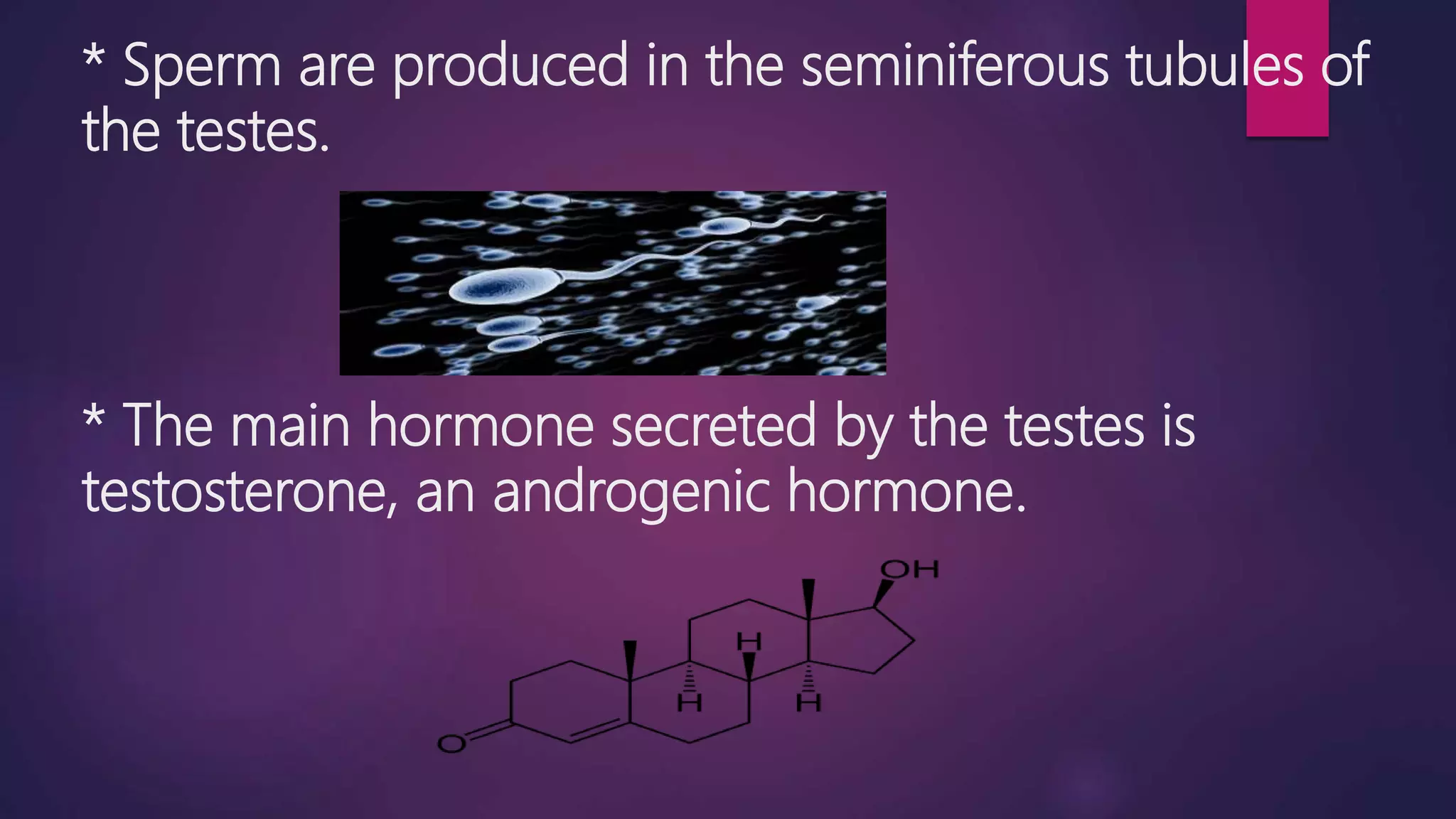How Much Do You Really Know About Your Testes?

When was the last time you thought about your testes? For many men, it’s only when something feels off or during an awkward moment at the doctor’s office. There’s a common myth that as long as nothing hurts “down there,” everything must be fine. But your testes do much more than you might realize—they’re working quietly behind the scenes every day, impacting everything from your energy levels to your future family.
Let’s break down why these two small organs matter so much, what can go wrong, and how you can easily take better care of them—starting today.
What Your Testes Actually Do—And Why They Matter
Think of your testes as a pair of high-tech factories. Just like a factory produces essential products, your testes manufacture two critical things: sperm (for reproduction) and testosterone (the main male hormone). Testosterone is like your body’s “supervisor”—it helps build muscle, keeps your bones strong, fuels your sex drive, and even affects your mood.
These “factories” work best when they’re kept cool and supported. That’s why they’re outside your body, in the scrotum, instead of tucked away inside. If they get too hot, or if they’re injured, production can slow down or stop—leading to problems you’ll definitely notice.
Keeping your testes healthy isn’t just about having kids. Their hormone production impacts your day-to-day energy, your confidence, and even your long-term heart and bone health.
3 Testes Issues You Shouldn’t Ignore
- Testicular Torsion: This happens when the spermatic cord (which supplies blood to the testicle) twists, cutting off blood flow. It’s often sudden and extremely painful. If not treated quickly, the testicle can be permanently damaged or lost. Torsion is more common in teens and young men but can happen at any age, usually after injury or sometimes during sleep.
- Varicocele: Imagine the veins around your testes as cooling pipes. Sometimes these veins become enlarged and twisted, like varicose veins in your legs. This can cause a heavy or dull ache, especially after standing or exercising. Over time, a varicocele can lower sperm production and quality, affecting fertility.
- Testicular Cancer: While rare, it’s the most common cancer in young men (ages 15-35). It often starts as a painless lump or swelling in one testicle. Early detection is key—when caught early, it’s highly treatable. Risk factors include a family history or undescended testicle at birth, but it can happen to anyone.
Testes Health: Busting Common Myths
- Myth: Only older men need to worry about testicular problems.
Truth: Many testes issues, like cancer and torsion, are most common in younger men. Regular self-checks are important at any age. - Myth: Tight underwear is always bad for your testes.
Truth: While extremely tight underwear can raise temperature and affect sperm production, most everyday briefs or boxers are safe. Just avoid prolonged heat (like hot tubs) and choose comfortable support.
7 Simple Ways to Support Your Testes Health
- Do a Monthly Self-Exam: Gently roll each testicle between your fingers after a warm shower. This helps you notice any new lumps or changes early, when treatment is most effective. Do this once a month.
- Wear Supportive Underwear During Exercise: Athletic activities can lead to bumps or injuries. Supportive briefs or a jockstrap can protect your testes and lower your risk of trauma. Use them whenever you’re active or playing sports.
- Keep Things Cool: Your testes need to stay cooler than the rest of your body to make healthy sperm. Avoid long hot baths, saunas, or placing laptops directly on your lap. Give them room to “breathe” by wearing looser clothes when possible. Make this a daily habit.
- Don’t Ignore Pain or Swelling: Sudden pain, swelling, or a heavy feeling isn’t normal. If you notice these, seek medical advice right away. Quick action can prevent long-term problems. Always act promptly.
- Maintain a Healthy Lifestyle: Smoking, heavy drinking, and obesity can all lower testosterone and sperm quality. Eating a balanced diet, exercising regularly, and limiting alcohol help your testes—and your whole body—work better. Aim for healthy choices every day.
- Protect Against Infections: Sexually transmitted infections (STIs) can harm the testes and lower fertility. Use condoms and get regular sexual health checkups. This is especially important with new partners or multiple partners.
- Manage Stress: Chronic stress can lower testosterone and impact sexual health. Simple relaxation techniques—deep breathing, walking, or talking with a friend—can make a real difference. Try to include stress-busting activities in your weekly routine.
Warning Signs It’s Time to Talk to a Doctor
- Sudden, severe testicular pain: This could be a sign of torsion or infection and needs immediate attention. Delaying can cause permanent damage or loss of the testicle.
- A new lump or swelling in one testicle: Even if it’s painless, this could be a sign of cancer. Early diagnosis makes treatment much easier and more effective.
- Persistent ache, heaviness, or change in size: Ongoing discomfort, changes in how your testes feel, or unexplained shrinking should be checked out. Ignoring these symptoms can lead to fertility issues or more serious health problems down the line.
Daily Check-In: Are You Protecting Your Testes?
- ☐ Did I do my monthly self-exam?
- ☐ Am I wearing comfortable, supportive underwear?
- ☐ Have I avoided prolonged heat exposure today?
- ☐ Did I make healthy choices in food and activity?
- ☐ Am I staying aware of any new pain or swelling?
Your Health, Your Confidence: Invest in Your Testes
Your testes might not get much attention, but they play a huge role in your daily health and future. Remember these three essentials: regular self-checks catch problems early, daily habits keep your “factories” running smoothly, and never ignore new pain or changes. Taking small, simple steps today can give you more energy, confidence, and peace of mind for years to come. You’re in the driver’s seat when it comes to your health—start making those choices now!